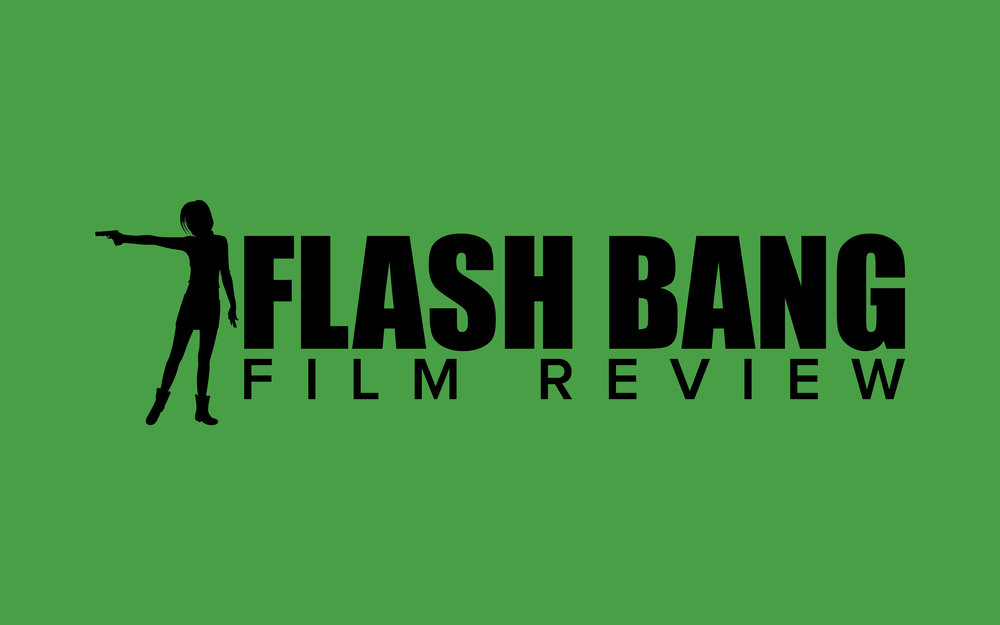THE FLOOD
Directed by: Victoria Wharfe McIntyre
Starring: Alexis Lane, Shaka Cook, Dean Kyrwood,
When Waru returns from fighting in WW2, he discovers that Australia as instigated a harshl regime against the First Nation, and tearing his family apart in the process. His return and attempt to reunite with his wife Jara and daughter Binda is a catalyst for brutality and revenge.
It needs to be said up front - The Flood is an upsetting film, and rightfully so.
The film opens, after a short prologue, with a lot of text explaining the Australian Government's hand in the oppression of the First Nation people. It’s a very important piece of text because it ensures that what happens next isn't put down as some over-the-top cartoon villainy. This stuff really happened and it was sanctioned by the government of the time.
With all the fit local men having enlisted and off fighting, the women and children left are easy pickings. Jara finds herself separated from her daughter who is constantly threatened with rape by Kelly Mackay, the favourite son of land baron Gerald Mackay.
Waru returns to discover the segregation between races is stronger than ever and when he tries to rescue Binda, it leads to a not-so-tragic death but one which definitely enrages Gerald. Even though she had nothing to do with it, Jara is taken to the jailhouse…where she is repeatedly raped.
It’s a horrific scene, tempered only by Jara's stoicism. A lot of rape is about dominance and power so Jara calls upon her resolve of character to ensure she shows no emotion or reaction to what they do to her. However the scene is made worse by the way the men stand around and watch, cajoling each other when its their turn. To make matters worse, Kelly Mackay tells one of his underlings the point of raping Jara is twofold - to lure Waru back to town and to "poison the well" - which can be read in a number of different ways, all of them unpleasant.
The first half of this film then is unrelentingly dark but there are glimmers of retribution, such as a flash-back showing that Jara is a remarkable markswoman with a rifle. However everytime it looks like there's going to be some righteous payback, any catharsis is cruelly cut short of we're robbed of it altogether. Instead our protagonists are put through the wringer time and again.
Even when we do get to a a cathartic moment, when Waru and Jara enter the local bar and deal with the patrons inside, the scene travels through a lot of different emotions. There is the look of joy on Jara's face as she guns them all down - in fact the film shows the killings from different angles. The one guy in the bar we've been hoping to die is Tick, and we're glad to see him come to a more theatrical end than the others. However Jara comes to realise its a hollow victory.
As if to try and balance the unrelenting brutality of the film, there are a few light flourishes which are at least off-kilter in tone to what we are seeing and may even be comical to some. A visual depiction of the Mackay family tree is one example. These moments are welcome relief but also are in stark contrast that they pull you out of the film a little.
THE VERDICT
It's very rare that a film comes along which would make even 70's era Apartheid South Africa and the Ku Klux Klan say "blimey, that's a bit much!" . This is a film which will likely make you angry - angry at a Government who instigated cruel racist policies and those within the film that revel in it. There are a couple of redeeminig characters but for the most part you will be cursing every white person in here.
This is tough watch but brilliantly shot and acted.




